Though I’ve only been aware of Mechabellum for a little while, the roots of this game go pretty far back for me personally. I recall lazy Saturdays and winter weeknights logging into Starcraft 2 and joining my friends in playing some Desert Strike. Desert Strike was a simple premise: you build an army in your base, and that army goes up against an enemy army in the center. If you succeed, you’ll go up against the next army, or, if you succeed quickly enough, your army can attack the enemy base. Mechabellum is more like the auto-battler version of Desert Strike, but its roots are apparent nonetheless.
Mechabellum
Developer: Game River
Price: $14.99
Platform: PC (reviewed)
I’m staring at the screen, rubbing the back of my head, stroking my beard, and making annoyed grunts as I view my army. In a chess-like fashion, I’m playing out counters in my head. The enemy has deployed a set of melting pots against me. I managed to dispatch them last round, but they had no upgrades; this round will be different. My opponent has chosen to go all in on air, which I’ve been easily handling with my mustangs and marksmen, and while I’ve been winning, I’m not winning handily enough to push further into this strategy. I need to pivot. Do I hard pivot to scorpions, a unit that can’t attack air at all but can outrange and devastate the melting pots? The round ends, a new round begins, and I’m presented with four cards with new options for me. One of them is a set of 2 rank 2 farseers. This might be the option I’m looking for.

Mechabellum has a simple enough premise. You’re a commander leading an army, and whether you’re going against a single opponent, teaming up with a friend or random, or playing in a 4-player free-for-all, your goal is to wipe out the enemy’s army and anticipate their moves. Auto-battlers have been a return to form for strategy games, allowing for shorter matches and quicker outcomes. Instead of building up an army, scouting out the enemy, and finding out I need to pivot immediately, I’m able to see just how bad or how good my army does against my enemy within minutes. It hits some good brain vibes quickly.
In a simple 1v1 situation, your game starts, and you’re presented with four options for commanders. These options are accompanied by an HP count that determines your HP count for the game. Units cost supply and however many units are left on the battlefield after the round is over, gets deducted from the HP pool of the loser. The options for commanders are random, and sometimes, you get a set that just doesn’t really vibe with your playstyle. Adaptability is pretty important in Mechabellum, if your opponent can adapt faster than you, you’ve already lost the game.
This can seem overwhelming, especially considering there are about 30 units in the game, depending on the type of game you’re playing. Some experimental units exist only in 4-player free-for-all mode. However, determining counters and pushing the boundaries of what works is a big part of the satisfaction derived from playing Mechabellum. Part of that is just simply playing to hard counters. If an enemy is attacking successfully with mostly swarm units, you have anti-swarm units. But when you’re five or six rounds deep and your enemy pivots away from the swarm units, things can get dicey. Especially because these units aren’t free, you’re balancing new units, promotions, and unit upgrades every round with a limited supply count.
When a round starts, you’re presented with four options. These can either be a passive upgrade in some way, like increasing your supply count every round, or upgrading a unit in a way that can’t be done through other means. Likewise, you can also be presented with a series of units, often cheaper than if you had paid to unlock the unit yourself and bought the unit individually. These options also range in supply cost, not all cards are free, and unit rank. Allowing for a significant advantage in some cases, because rank via promotion can be quite powerful, especially in the early game. If your enemy, who has had no air units before, pivots to air units and you need to build up some anti-air units, sometimes the hard counter you can build with your limited supply isn’t enough.

Supply raises 200 points every round, with the first round starting at 200. You’re also limited to two new units every round, with cards existing to raise the deployment count for the game. Every unit has four upgrades that can be purchased, and the upgrades exist across all of the same unit. Meaning, if you upgrade one marksman, all marksmen have that upgrade. You can also acquire items from cards, giving things like increased movement speed, a percentage of HP, or healing from damage dealt. There’s a lot going on, and while the information dump is big, what happens on a round-by-round basis is actually quite manageable.
While you can see the whole battlefield when you’re in the planning stages of a round, there’s a fog of war. Players can see how the enemy army is set up, and that’s usually enough, as you’re unable to freely move units after the round they’ve been deployed on. Unless given a redeployment card, and even then, that’s usually just for one unit. When the round starts, the fog of war clears and you’re able to see the changes your enemy has made to their army and set up, as well as those you’ve made. You’re also able to see the area of effect pogs laid on the ground to show where various ordnance will be laid on the battlefield.
I’ve been avoiding using specifics in a lot of these paragraphs, so let’s go with a specific example. Imagine you’re in the third round, you’ve been handily dealing with your opponent and now have a pretty substantial lead, but the biggest hole in your army is that you have no anti-air. The round starts, and you see that your opponent was given a card to give them 2 sets of rank 2 wasps. The round goes poorly, but you already know the counter for this. Planning out the long haul, you get a set of mustangs, and the next round also goes to your enemy, but you’ve made some progress. To combat the air fully, you upgrade your mustangs with aerial specialization, an upgrade that increases the damage they deal to air units by 90% and increases their range against air units by 30%.
You’re feeling pretty confident now. The main issue you’ve been dealing with for the past two rounds is the wasps. If these mustangs can mop them up, you’re back in business. The round begins, and you see the enemy has a vulcan on the field. A vulcan is a giant mech with dual flamethrowers, something that can easily mop up swarm units, just like your mustangs. I get deflated when these things happen, and I start to question the legitimacy of the game. Ignoring the fact that your enemy has seen you counter their air with mustangs, it just seems like you’re not going to get out ahead of this.
One of the ways you can outmaneuver enemies is actually outside of the match entirely. Mechabellum allows for unit modification in the main menu. The only things you can modify, though, are the upgrades a unit has available and the skins the unit wears. You have a research level that levels up as you play the game. As of writing this, the cap is 74, which looks strange, but it’s just the way they distributed tech points. After 74, you continue to gain levels, but instead of tech points, used to unlock new upgrades for units, you gain credits to be used at the store.

The store has some real money options, but it doesn’t seem like a lot of the RMT (real money transactions) are exclusive to real money. There’s a credits store that rotates inventory. As you buy things, you raise your store level, and that raises the number of items in the store’s inventory as well as the amount of credits you gain passively. Other than generating credits passively, you’re able to acquire them through ranked matchmaking games, and once your tech level is maxed. Likewise, there’s a seasonal shop that has seasonal inventory unlocked as you level up your season rank. There is no battle pass as of writing.
Like it or not, your experience will largely be determined by the player count of this game. I’ve yet to see more than 100 people in the matchmaking pool at a time. That’s not necessarily a bad thing. If I’m just doing straight 1v1 or 2v2 games, I get into matches fairly quickly. So I imagine the low count is just because people are seldom waiting for matches. And though that’s likely the case, I feel like the players I’m going up against are significantly better than me.
Frustrating as that may be, it’s really the only way to get better. See how your opponent reacts and learn from it. If you’re interested in a more laid back playstyle, Mechabellum has survival mode, community challenges, and just a regular matchmaking pool for 4-player Free-For-All. After playing all of these different modes, it’s pretty clear that a lot of work went into Mechabellum to make it a pretty compelling and enjoyable experience. The only obnoxious thing is that the planning stages take time, and a lot of people use the full planning stage, regardless of whether or not they need it.
There are various ways to speed up games in Mechabellum. One of them is making sure to End Deployment once you’re ready to go. The other is that there’s a speed-up mode after a certain amount of time in the round has passed, to, well, speed up the game. It basically throws the simulation at 2x speed and just wraps up what’s going on. The speed-up is especially nice when you already know the outcome of what’s going to happen in the round. Win or lose, if it’s obvious, it can be torture waiting for the game to finish up at 1x speed. However, there needs to be a consensus to speed up the match. In 2v2, this means 3 players need to agree to speed up the match before it speeds up. Again, waiting for everyone to agree can get obnoxious.

Everything I like about Mechabellum can be boiled down into just how satisfying it can be to try out new combinations and perhaps outmaneuver your opponent in ways that even you might not have considered. Even with hard counters, it’s entirely possible to simply overwhelm your opponent, especially as promotions and upgrades come into play. There are several upgrades as well that completely change the way a unit plays, converting some long-range units into shorter-range units with splash damage or more powerful attacks.
What I don’t like about Mechabellum can be summed up in the time I’m waiting for my opponent to deploy their units. A gruelling 70 seconds of just staring blankly at my screen, wondering whether or not I should’ve spent more time in the planning phases. Or instead of waiting for my opponent to speed up the game after an assured victory or defeat. Either way, it’s an auto-battler, and a lot of time is spent simply waiting and not reacting. There are some smaller issues as well, like units sticking to the mouse and struggling to select units from certain camera angles.
 The Final Word
The Final Word
Mechabellum is an onion with many layers, but once you get to the core of the gameplay, you really begin to understand what’s going on in every battle. And depending on the match you’re in, you can really start to see the pitfalls of its design. And even still, I cannot stop playing, warts and all.
– MonsterVine Rating: 4 out of 5 – Good
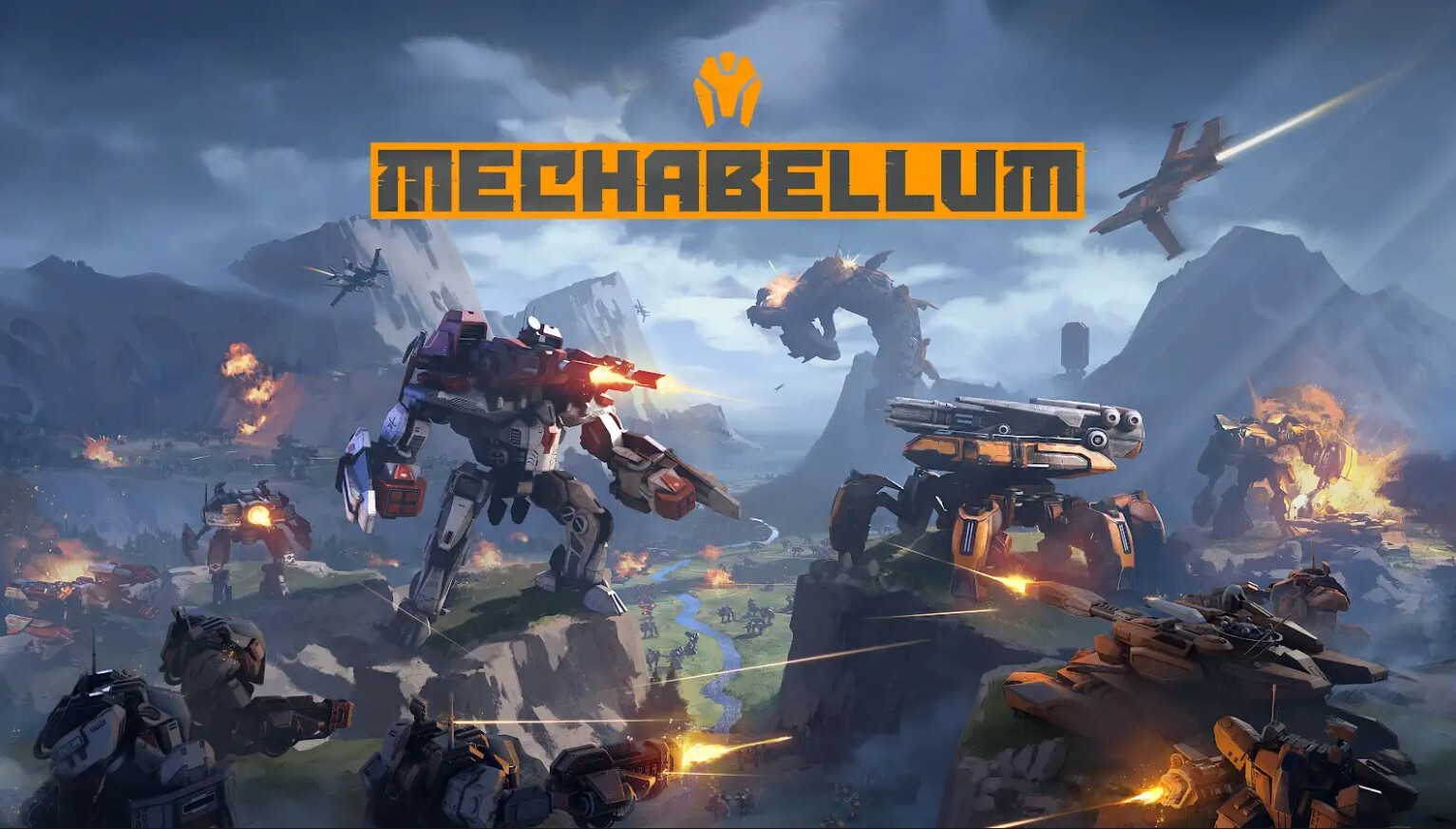


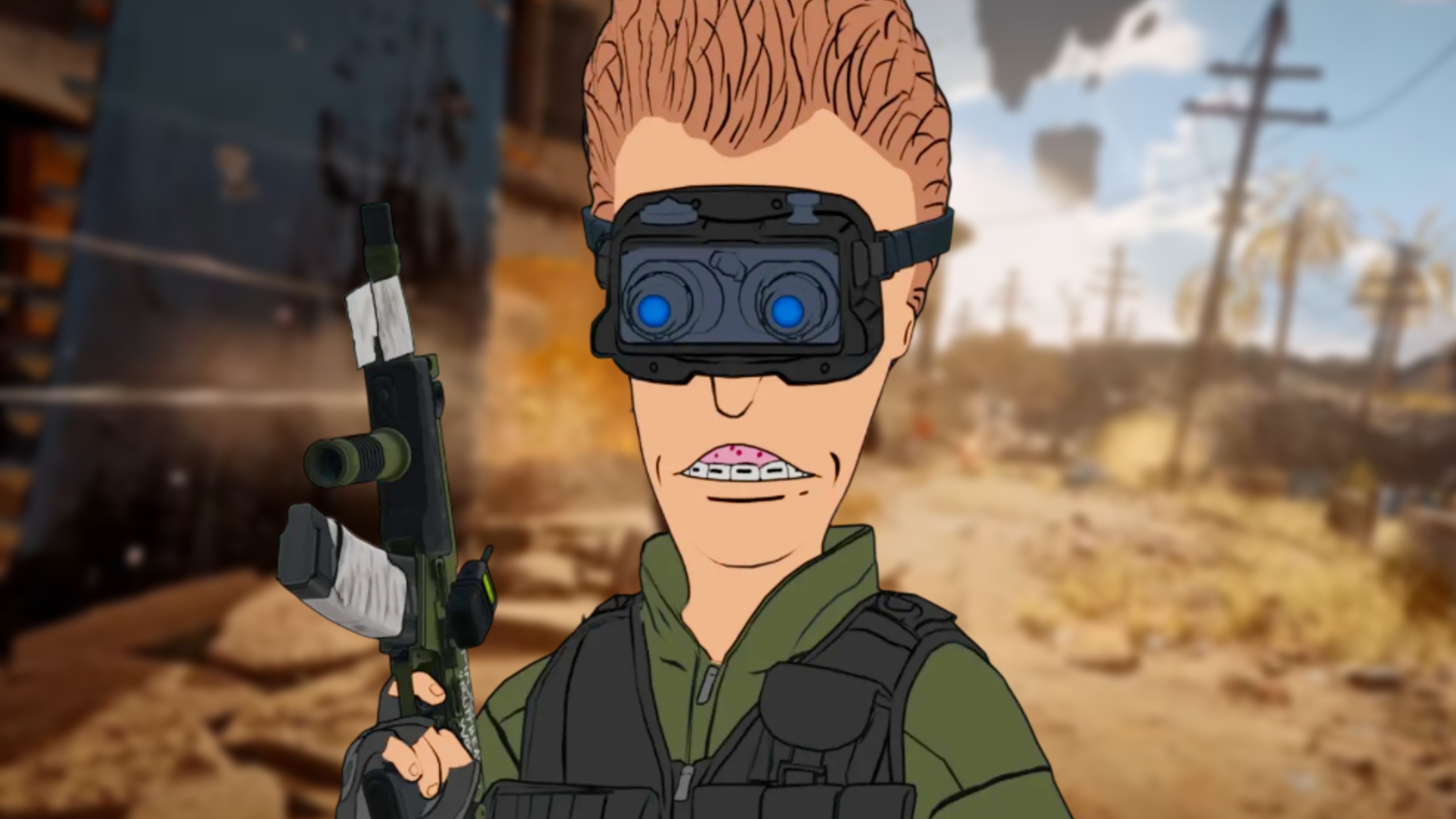

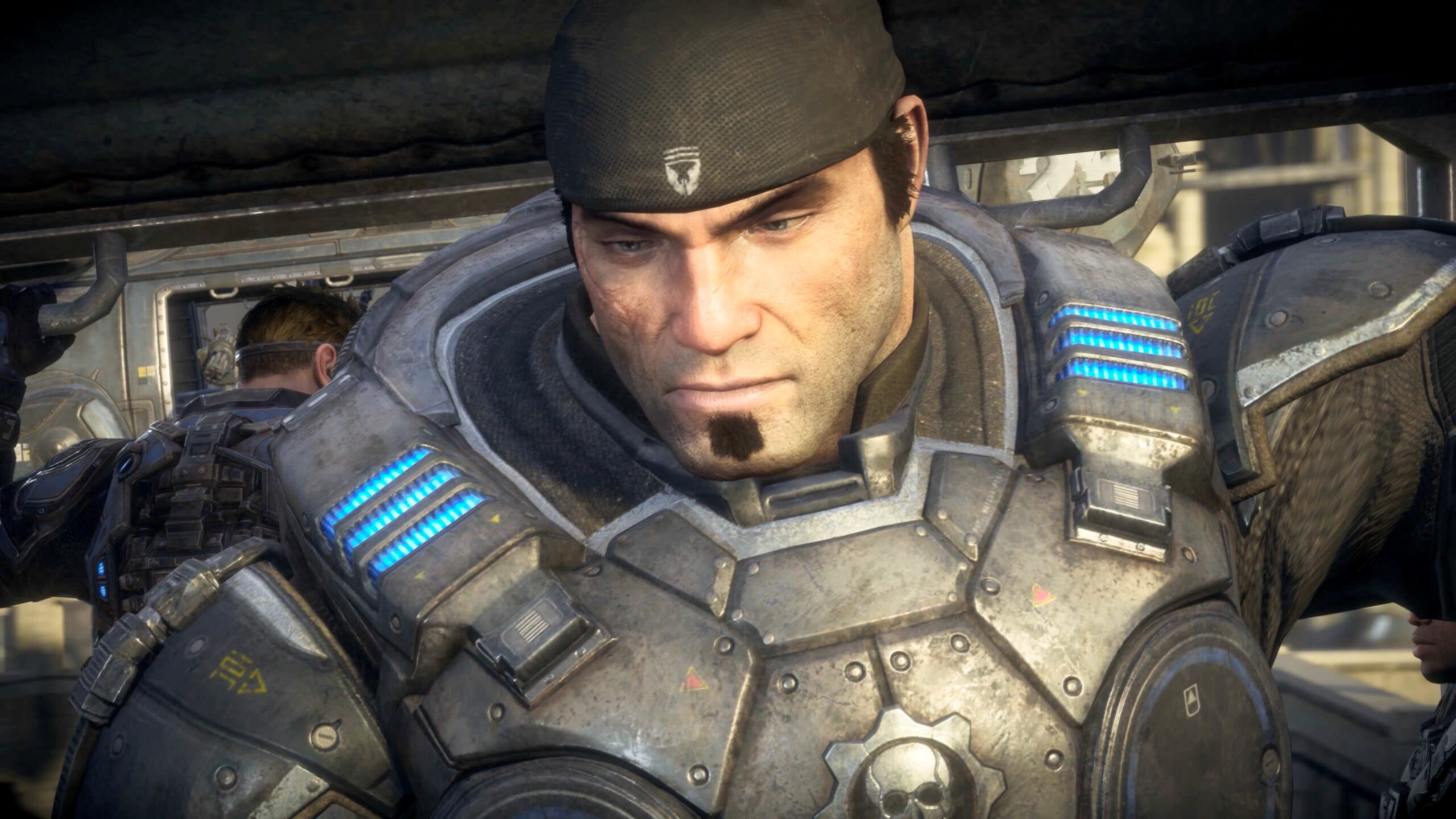

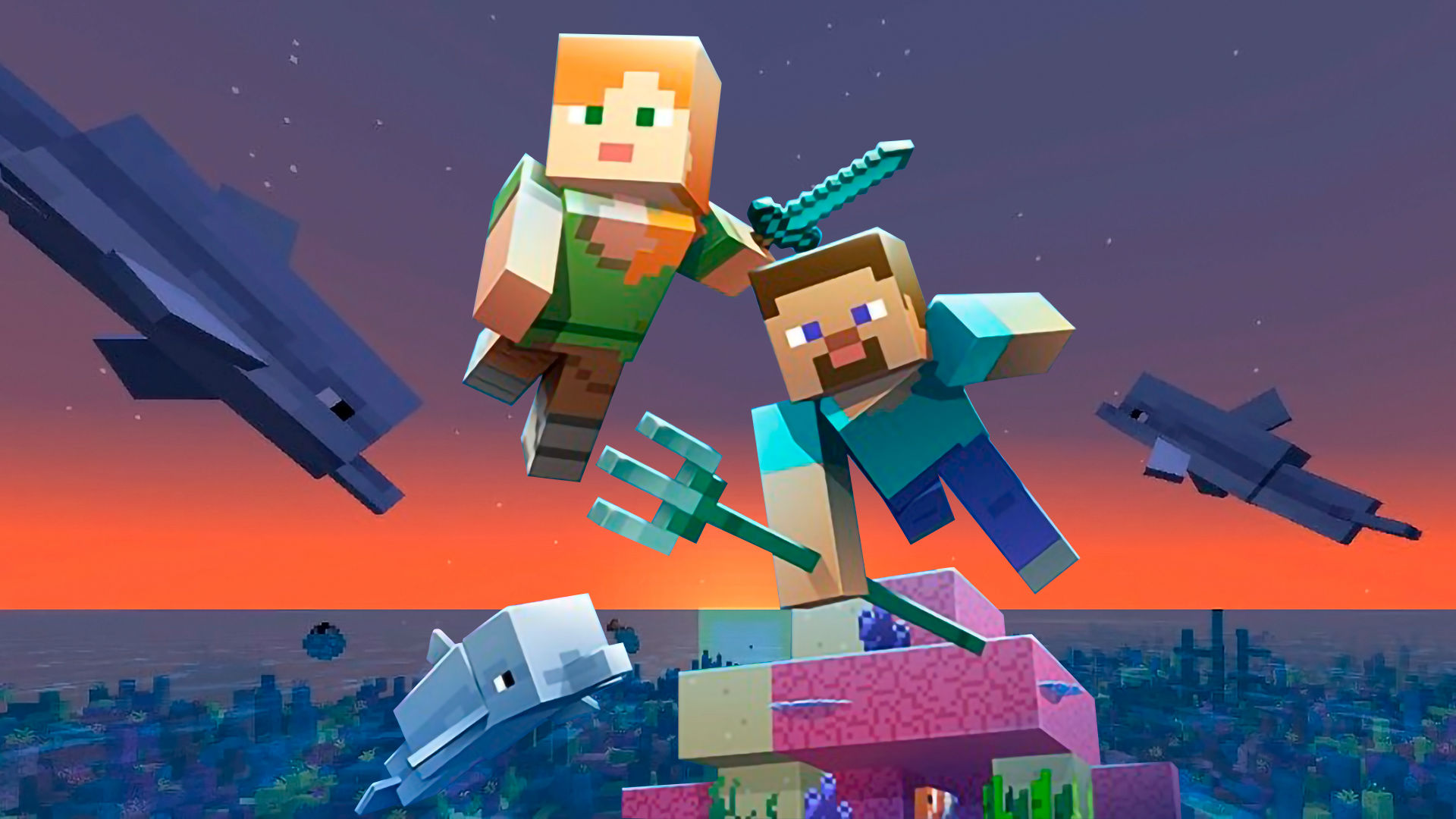
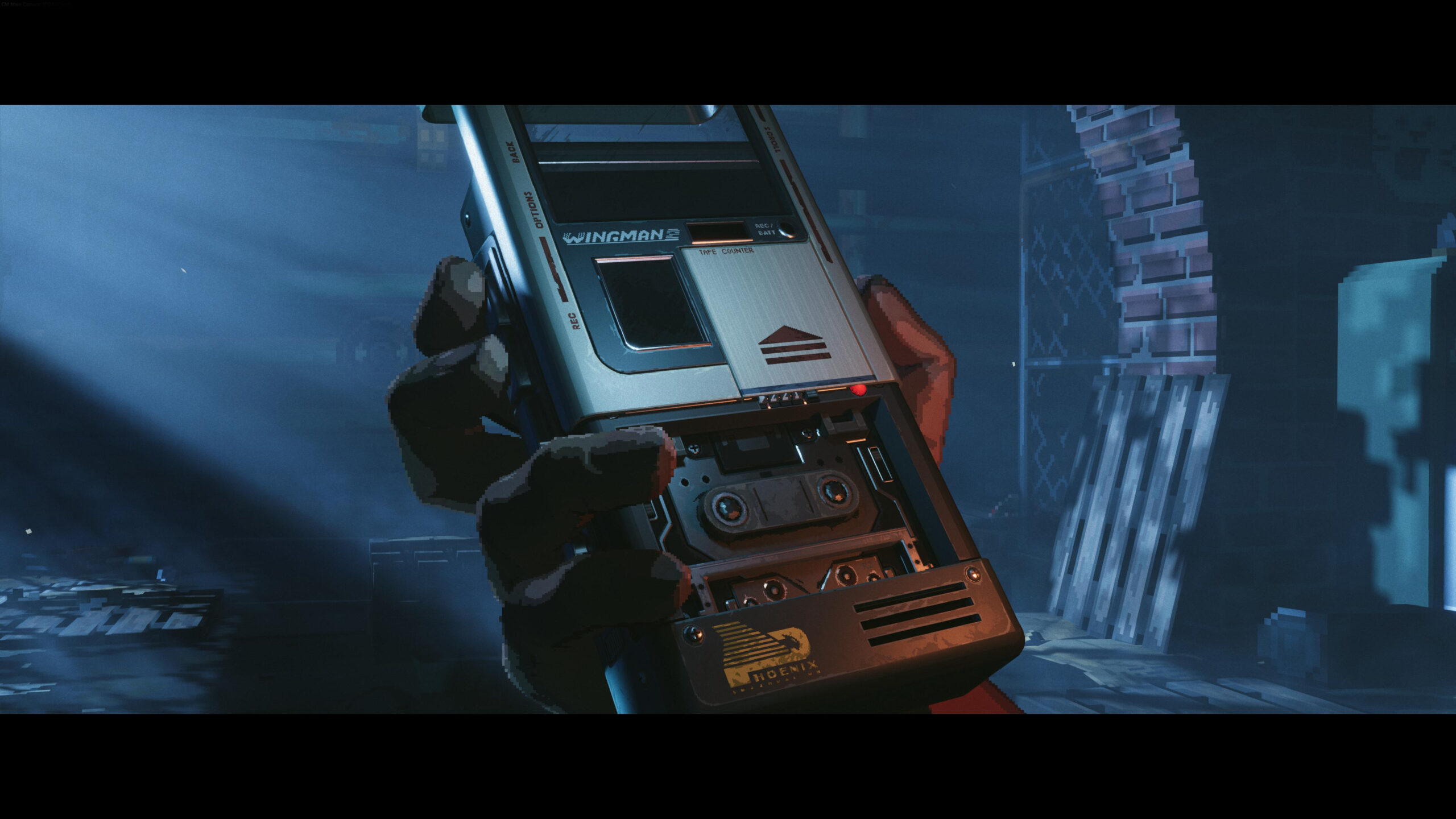
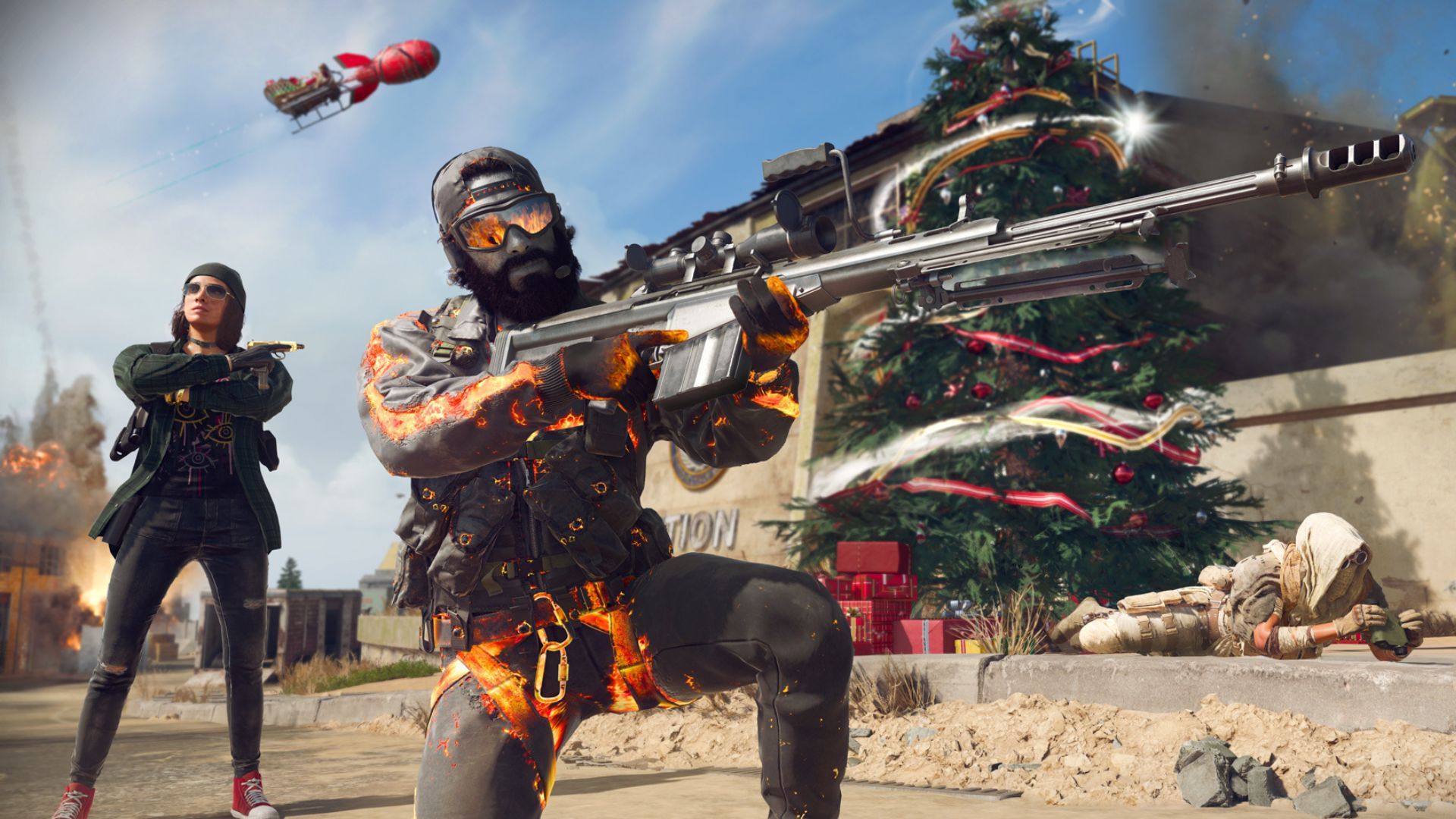


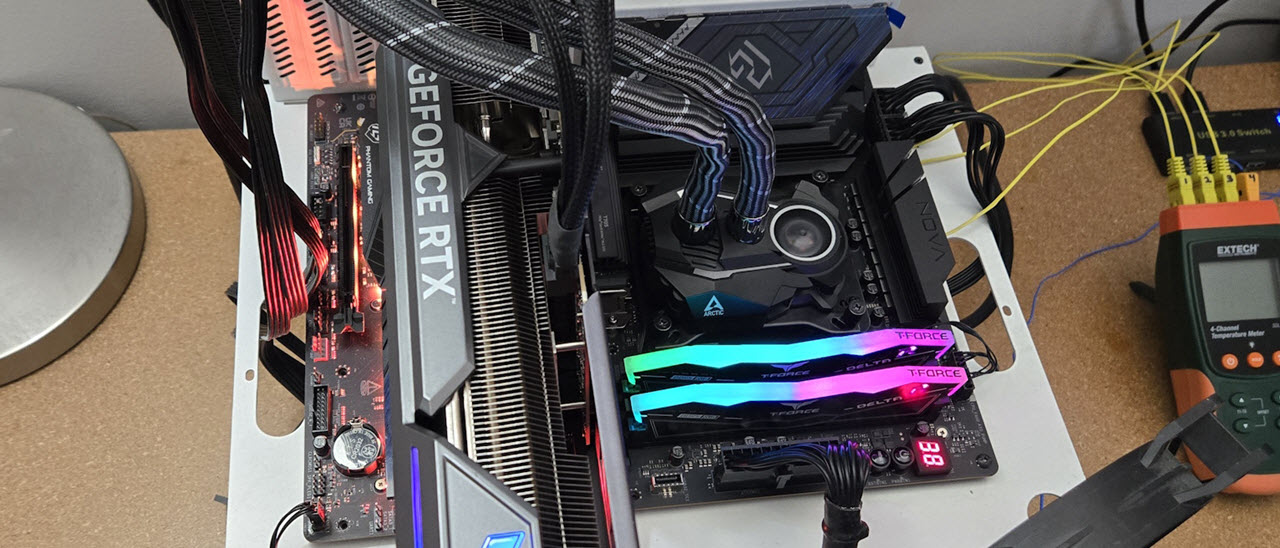
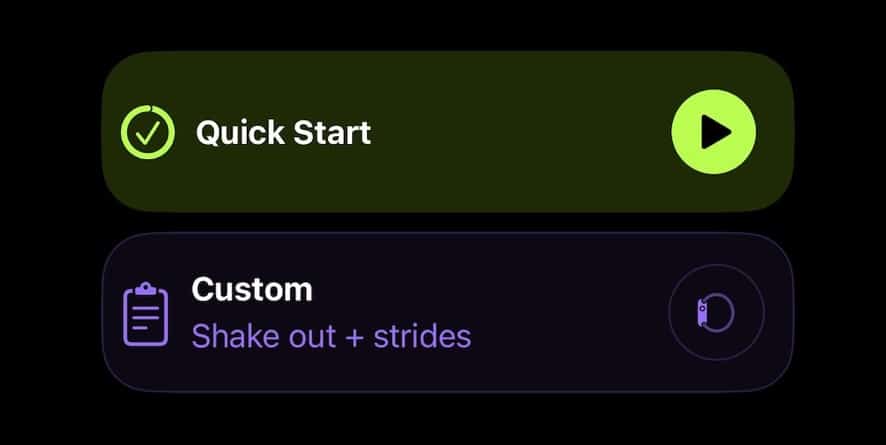
Leave a Reply